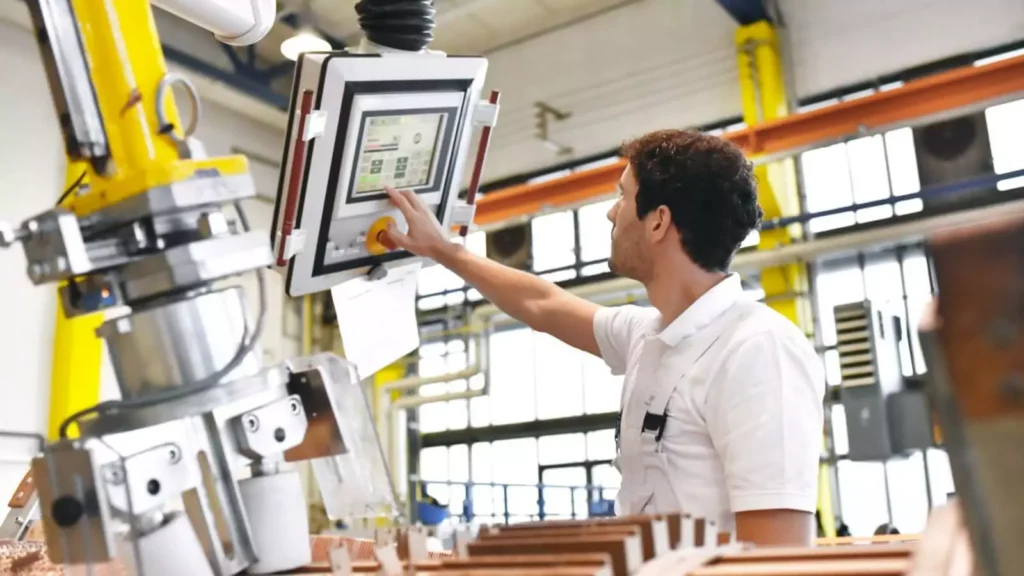In today’s technology-driven world, Computer-Aided Manufacturing (CAM) has become a crucial part of the production process. It bridges the gap between digital design and physical production — transforming ideas into precise, high-quality products.
What is CAM?
CAM (Computer-Aided Manufacturing) is the use of computer software and machinery to automate and control manufacturing operations.
It takes digital models created in CAD (Computer-Aided Design) and converts them into machine instructions (G-code) that drive CNC machines, 3D printers, and other automated tools.
Simply put — CAD designs it, CAM makes it.
The Importance of CAM
- Enhanced Precision and Quality
CAM ensures every product is manufactured to exact specifications, minimizing errors and improving consistency across production runs. - Faster Production
Automated workflows drastically reduce manual intervention, leading to faster turnaround times and increased productivity. - Cost Efficiency
CAM optimizes toolpaths, material usage, and machining operations — cutting waste and lowering production costs. - Seamless Integration with CAD
When paired with CAD, CAM creates a smooth design-to-production pipeline, eliminating data duplication and ensuring design intent is maintained. - Scalability and Flexibility
Whether producing one prototype or thousands of units, CAM allows easy scaling without compromising accuracy or quality.
Real-World Applications
CAM is widely used across industries like:
- Automotive: Engine and transmission parts
- Aerospace: Precision components and turbine blades
- Medical: Custom implants and surgical instruments
- Tool & Die: Molds, jigs, and fixtures
- Consumer Goods: Plastic and metal components
Conclusion
Computer-Aided Manufacturing (CAM) has revolutionized how we make things.
It improves accuracy, speeds up production, and brings digital designs to life with precision and efficiency.
In an era where innovation meets automation, CAM stands at the core of Industry 4.0, empowering industries to manufacture smarter, faster, and better than ever before.

Comments
This is a great overview. I've seen firsthand how CAM helps reduce material waste, which is a huge benefit for both the bottom line and the environment